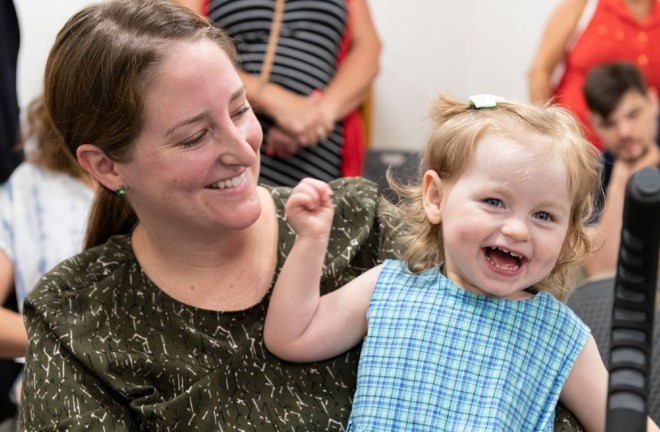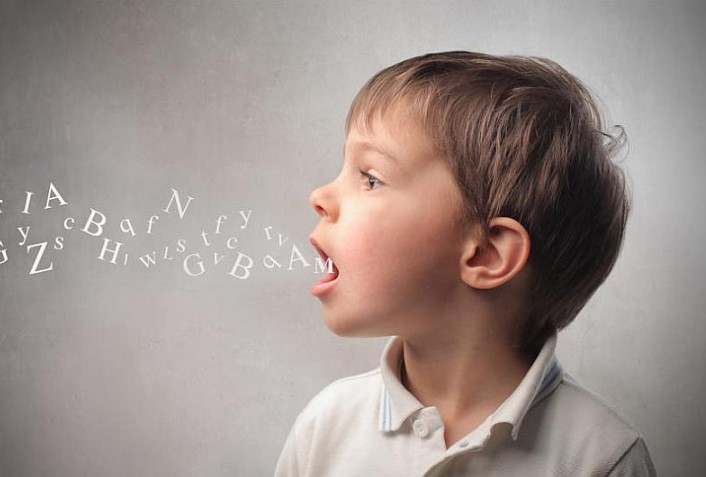NC children suffer abuse at some psychiatric centers, ‘Locked Away’ investigation finds | WFAE 90.7

North Carolina contracts with several psychiatric residential treatment facilities to take in kids, many in foster care, who have severe mental health and behavioral problems. These facilities are supposed to provide treatment. Often, kids leave with more trauma because of the physical and sexual abuse they receive, according to an investigation by the USA Today Network.
Fred Clasen-Kelly, the lead reporter for the series, spoke to WFAE’s Lisa Worf about the facilities and the investigation’s findings.
Fred Clasen-Kelly: These places often hire folks with very few qualifications to look after kids. They are not highly paid. The places are often understaffed and too often when a child acts out. We are seeing places use both physical restraints and chemical restraints. In other words, they’re giving kids shots to sedate them.
And what we see over and over in state records and in interviews with kids is that kids will get choked, kids will have bones broken, kids will be bruised. They will have elbows and shoulders sprained as workers try to bring them under control and there are definitely some cases that are just gross, including, the report that a 15-year-old boy was repeatedly punched in the face by a worker and ended up with a broken eye socket and was not taken to the hospital for four days.
“What we see over and over in state records and in interviews with kids is that kids will get choked, kids will have bones broken, kids will be bruised.”
— Fred Clasen-Kelly
Worf: Why does the state continue to send children to these places when they’ve racked up violations like this?
Clasen-Kelly: That is a great question. I’m not sure, even after writing these six stories, that we’ve been given a good answer to that question. I do think one of the ways to avoid sending kids to these places is to commit to spending money early on, to doing early interventions in families where there might be abuse and neglect.
But North Carolina historically has been unwilling to spend the money to provide those services early, and so the state ends up paying a much heavier price later on because these facilities are not cheap. I mean, the state spends $100 million a year on them but doesn’t actually know if they work because the state doesn’t do full tracking. And if advocates were on here, they would point out that building up community services where kids can receive services while they’re at home is actually cheaper and research shows is more effective.
Literally, that is a point the state does not disagree with. They agree that that’s the best way to do things and their own reports going back more than a decade say that’s the best way to do things. There just hasn’t been any action taken to turn things around.
Worf: So, what does it look like in Mecklenburg County as far as some of these referrals?
Clasen-Kelly: It’s a rough picture. When a child comes into foster care in Mecklenburg County, there’s a scramble to find a place for these kids to go. And so a scenario we heard from multiple advocates and others is: Child comes into the DSS office on a Friday night, and the caseworker has to figure out where to put them. There is literally no place to put them. And so, kids end up sleeping in government offices, hospitals, motel rooms until something opens up.
Worf: As far as foster children being referred to some of these centers who don’t need any treatment, who just need a bed: How many of those children are we talking about?
Clasen-Kelly: Don’t know. What I do know is that a multitude of advocates say that in Mecklenburg and counties across North Carolina, it’s an open secret that kids are being placed in facilities without a medical justification.
“It’s a rough picture. When a child comes into foster care in Mecklenburg County, there’s a scramble to find a place for these kids to go.”
— Fred Clasen-Kelly
Worf: And now, the state disputes that they are placing mentally healthy kids in these homes.
Clasen-Kelly: Well, the state can say they look for appropriate placements but that clinicians can disagree on cases. That’s what they told us.
Worf: Now, your reporting also looked at some solutions to what could happen in this case. What did you find?
Clasen-Kelly: There are places like New Jersey and like Milwaukee that have greatly reduced the use of these psychiatric centers and where there’s a belief that they’re not effective and in some cases really harming children. And so, they put money into early intervention. They put money into mentoring and tutoring and more supports for adoptive parents and foster families.
I guess one thing I want to just go back to your question about why hasn’t it happened. I just think a lot of these kids come from very, very poor families, and a lot of these kids are Black and brown. And so, I do not think their fates have mattered a whole lot, so I do not think there’s this powerful political constituency standing up for them in Raleigh, and I don’t think that there is an awareness on the part of the public that they’re suffering. And in many ways, even when we bring our series forward, there will be people who still avert their eyes and just sort of move on with their lives because it’s easier to not think about them.
” I don’t think that there is an awareness on the part of the public that they’re suffering.”
— Fred Clasen-Kelly
WFAE reached out to the North Carolina Department of Health and Human Services and the Mecklenburg County Department of Social Services about the series. The county DSS office says it’s “not responsible for licensing or monitoring facilities that house children with behavioral health concerns.” It says the state needs to address any concerns about the facilities.
The state DHHS says it will not tolerate “gross abuses” such as those reported in the series, and that it’s taken a range of actions against the facilities mentioned in the reports, including suspending licenses.
“The state and the nation must do better by children experiencing a behavioral health crisis,” the state department said in its response. “North Carolina, like the country, is facing a behavioral health crisis that has been decades in the making and has only worsened during the pandemic.”
The statement says there are multiple compounding factors such as limited access to preventive services and underinvestment in community services.







